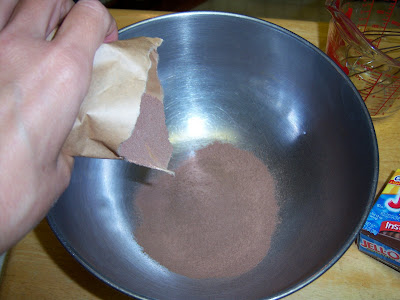Re: Meditation is pointless...
Really, I have no idea what that means. :? 
Originally posted by Jundo


 :wink: I just read through what he writes three to ten times and try to get the general feeling of what he is expressing! :lol: DS.
:wink: I just read through what he writes three to ten times and try to get the general feeling of what he is expressing! :lol: DS.
 :wink: I just read through what he writes three to ten times and try to get the general feeling of what he is expressing! :lol: DS.
:wink: I just read through what he writes three to ten times and try to get the general feeling of what he is expressing! :lol: DS.







Comment